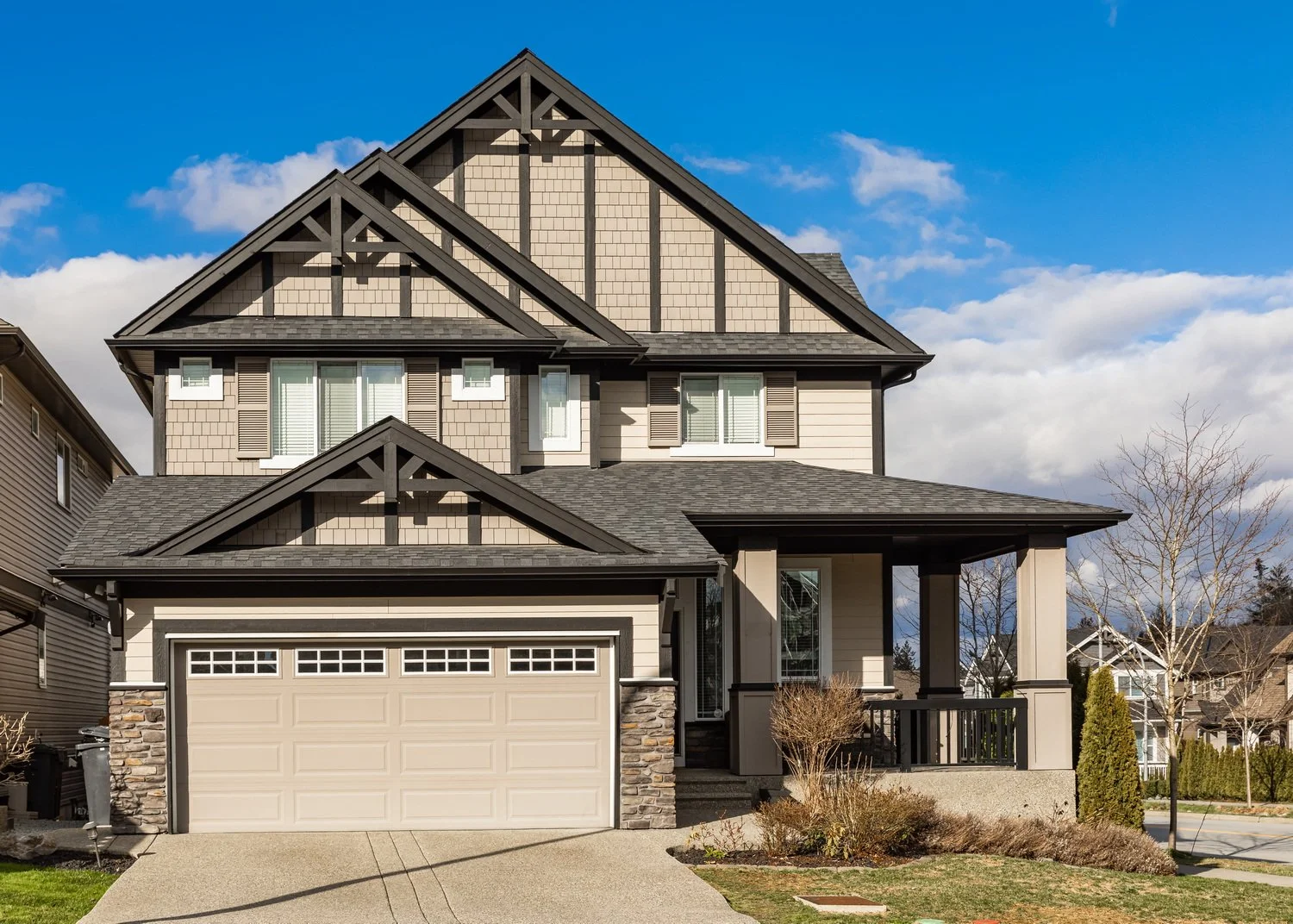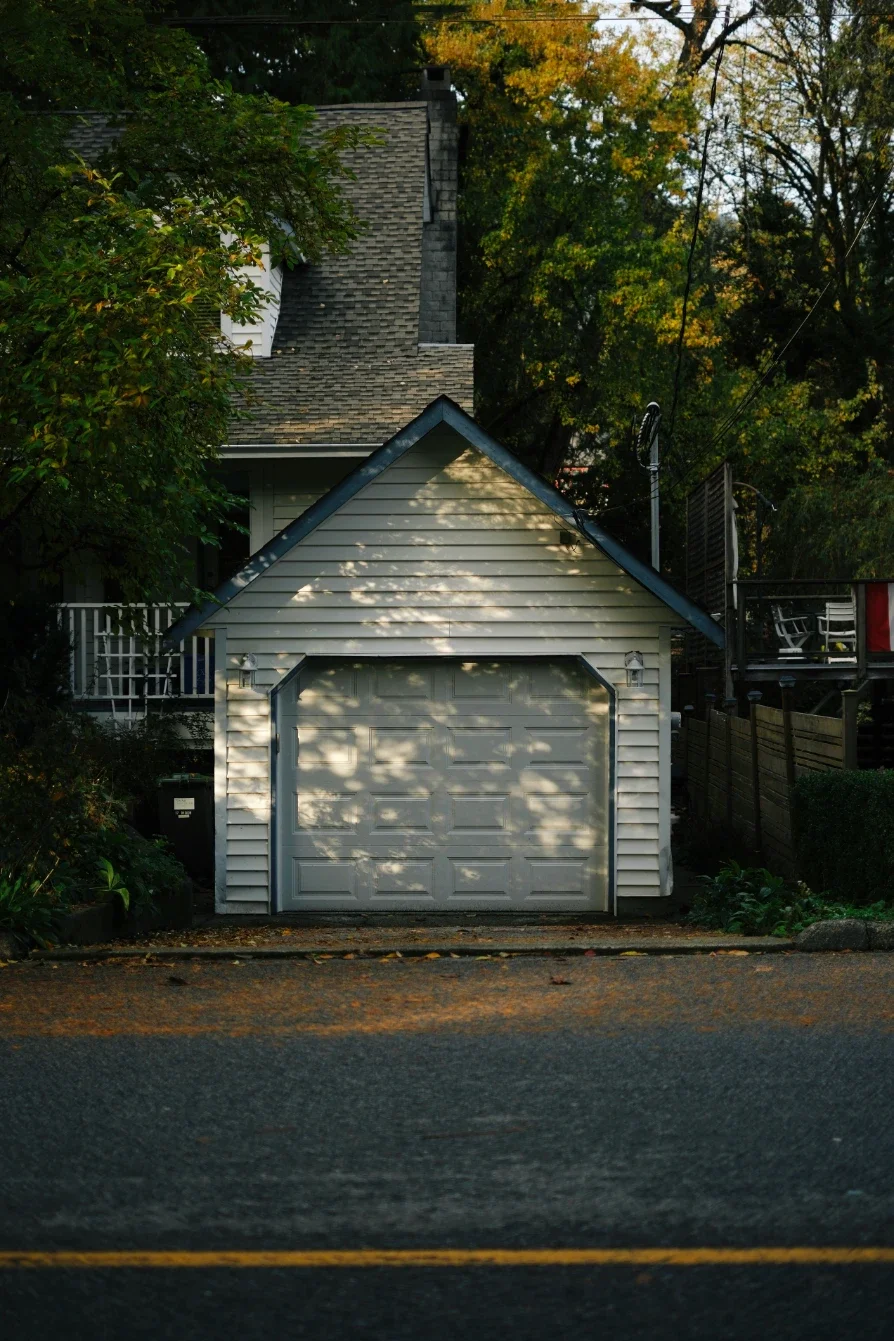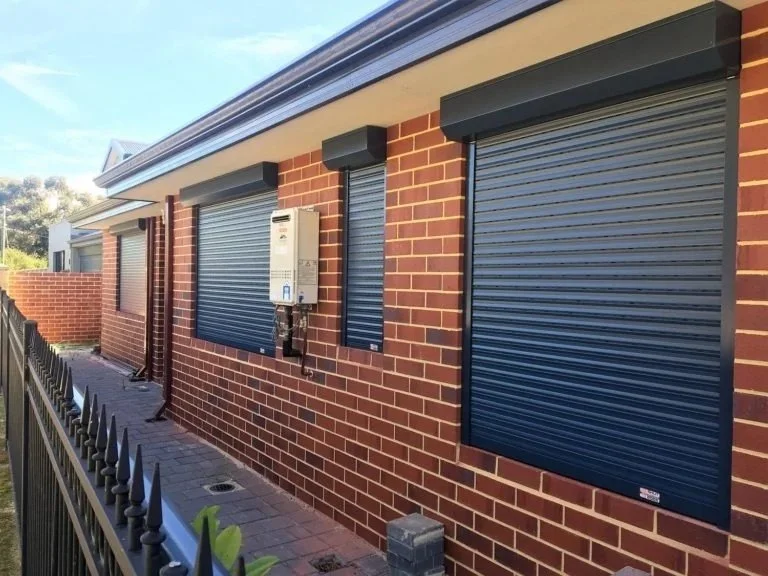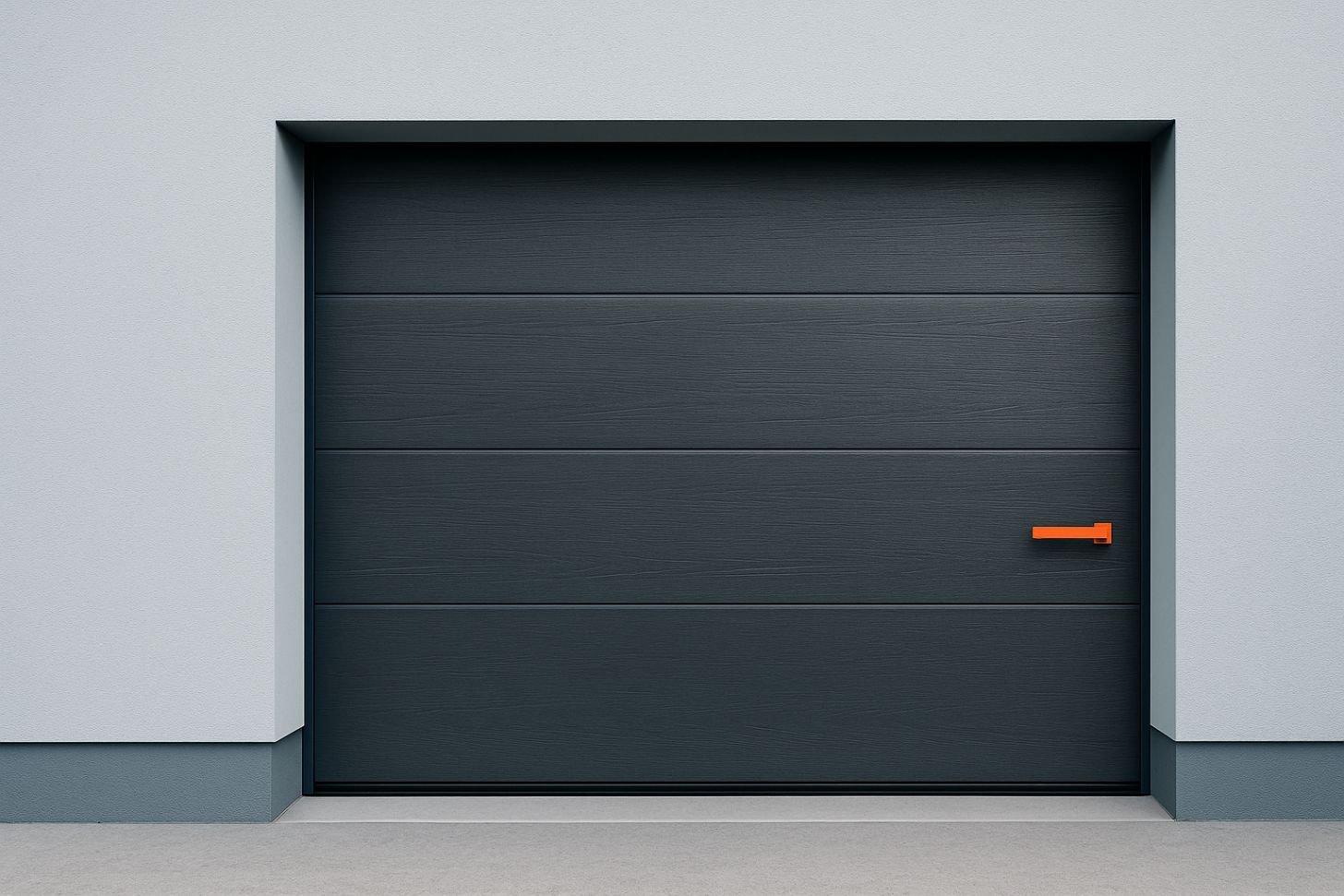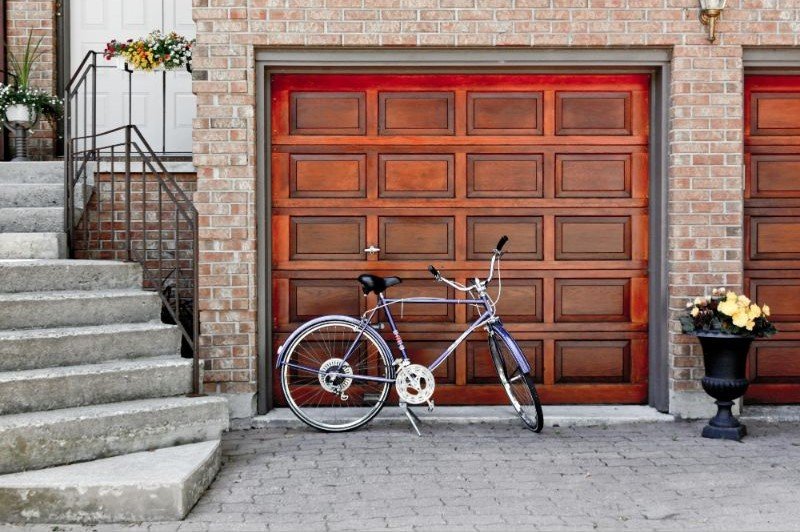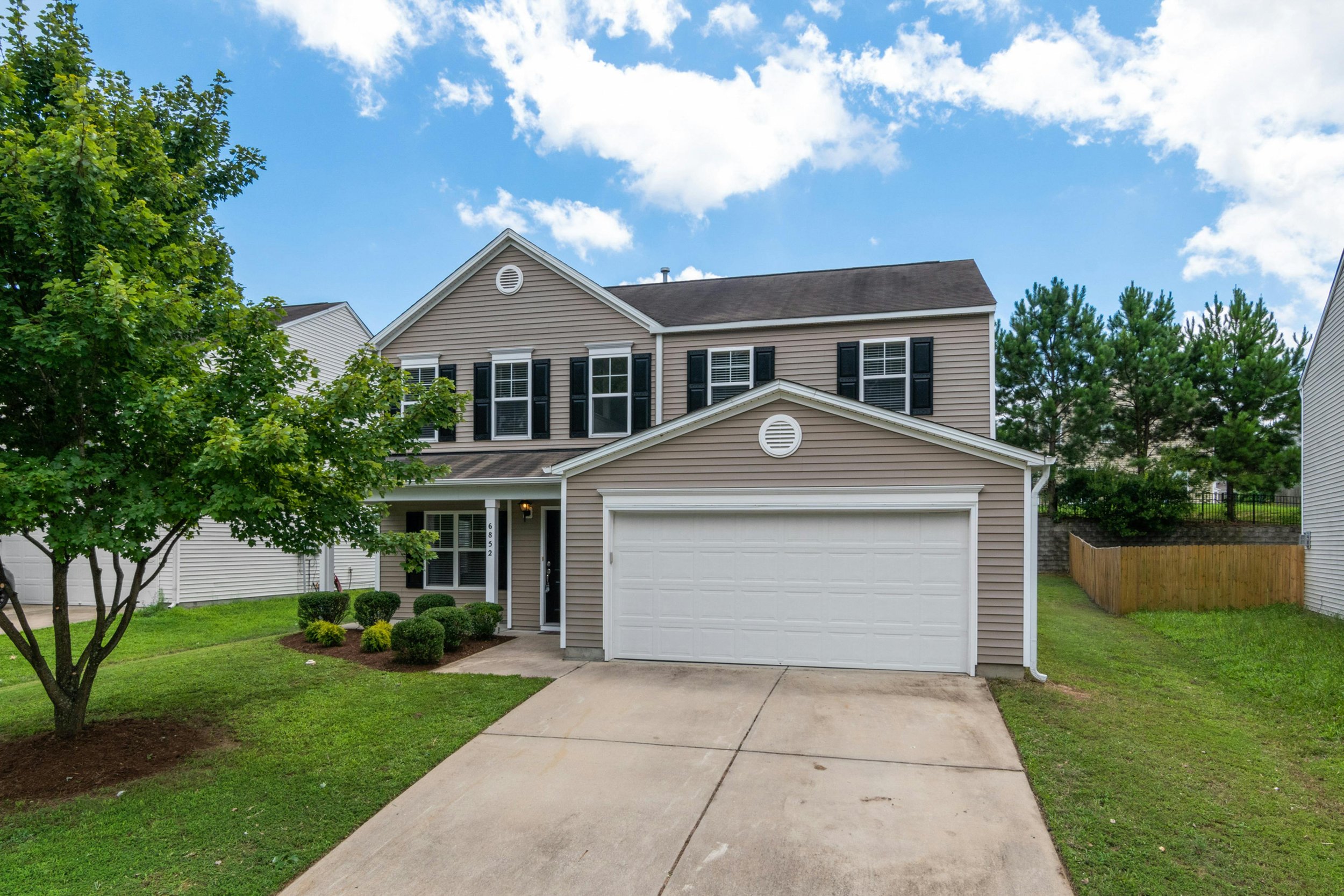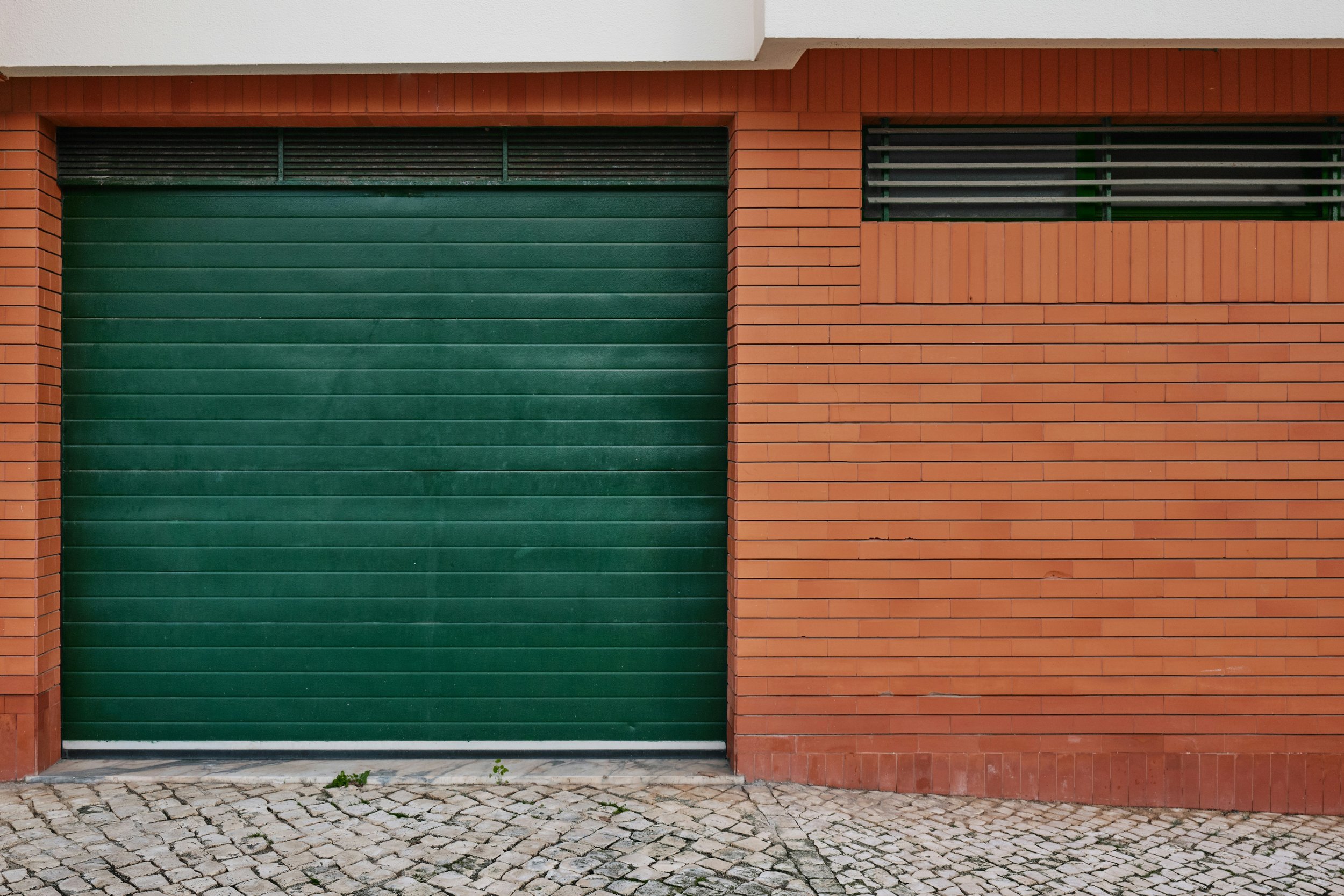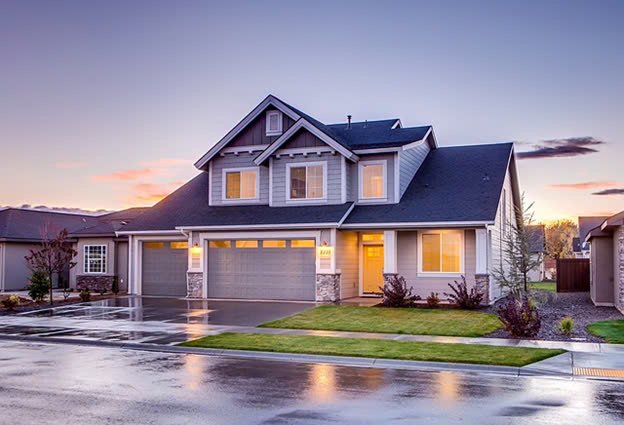How to Choose a Quiet Garage Door
Learn how to choose a quiet garage door by exploring noise-reducing materials, insulation, and design features for a peaceful home environment.
Before diving into the options, it's essential to understand what causes garage door noise. Generally, the noise comes from the garage door opener and the door's movement along the tracks. Factors such as the opener type, the door's balance, and the quality of installation play crucial roles in how much noise your garage door makes. By understanding these elements, you can make informed decisions that will help you minimize noise and enhance the functionality of your garage door system.
Garage Door Opener Type: Belt Drive vs Chain Drive
Garage Door Opener Type: The type of garage door opener significantly affects noise levels. Chain drive openers are typically noisier compared to belt drive openers. The metal-on-metal contact in chain drives produces more sound, which can be disruptive, especially if your garage is attached to your living space.
On the other hand, belt drives use a rubber belt mechanism that reduces friction and noise — making them ideal for achieving a garage door opener quiet system.
Door Balance and Noise Issues
Door Balance: An unbalanced garage door can cause excessive noise as it moves along the tracks. This imbalance can lead to uneven wear on parts and increase strain on the opener, exacerbating noise issues over time. Ensuring your door is well-balanced is crucial for its longevity and quiet operation.
Lubrication for Quiet Garage Door Operation
Lubrication: Lack of lubrication on the rollers, hinges, and tracks can lead to squeaky operations. Regular lubrication is essential in maintaining smooth and quiet movement, as well as preventing wear and tear on the components. It’s a simple but effective way to reduce noise and prolong the life of your garage door system.
Worn Parts and Noise Increase
Worn Parts: Old or worn-out parts can increase the noise as they no longer fit together smoothly. Over time, components like rollers, hinges, and tracks can degrade, leading to increased noise and decreased efficiency. Regular inspections can help identify these issues early and prevent them from becoming major problems.
Choosing the Best Quiet Garage Door Opener
Why Belt Drive Openers Are the Best Quiet Garage Door Opener Option
When it comes to quiet operation, belt drive openers are the clear winner. They use a rubber belt to open and close the door, which absorbs vibrations and reduces noise — ideal for anyone seeking garage door noise reduction. Belt drives are especially beneficial for homes with bedrooms or living spaces adjacent to the garage.
Pros of Belt Drive Openers
Quieter operation
Smoother movement
Less maintenance
Ideal for noise-sensitive homes
Often include smart features
Cons of Belt Drive Openers
Generally more expensive
Chain Drive Garage Door Openers
Pros: Durable, cost-effective
Cons: Noisier, requires more maintenance
Chain drives can still be practical for detached garages or budget-focused installs, but they cannot compete with the silence of belt drives.
LiftMaster Belt Drive: One of the Quietest Options
If you're looking for a quiet and reliable option, LiftMaster belt drive openers are considered among the best quiet garage door opener options on the market. Their models are known for whisper-quiet performance, long-lasting construction, and advanced smart-home features.
Additional Tips for Garage Door Noise Reduction
Regular maintenance is key to keeping your garage door running smoothly and quietly. Here are a few maintenance tips:
Lubricate rollers, hinges, and tracks regularly
Check door balance to avoid opener strain
Tighten loose bolts and screws to prevent rattling
Upgrade to Nylon Rollers for Quiet Garage Door Operation
Steel rollers are common but noisy. Nylon rollers provide quieter, smoother movement and require less maintenance.
Consider an Insulated Garage Door for More Noise Reduction
Insulated doors reduce sound transfer and vibrations, making them ideal for attached garages.
Why Professional Installation Matters
A professional installation ensures parts are correctly aligned and reduces the chance of unnecessary noise. Proper setup maximizes performance and helps maintain a quiet garage door system.
Professional Help for Quiet Garage Door Solutions
While DIY maintenance helps, professional services offer important advantages:
Full system inspections
Expert recommendations on the quietest opener for your home
Proper installation
Long-term performance and lower noise levels
Quiet Garage Door Services in Mundelein, IL – PrimeGDR
PrimeGDR: Your Local Quiet Garage Door Opener Experts
For homeowners looking to upgrade to a quiet garage door opener, reduce noise, or install a LiftMaster belt drive system, PrimeGDR provides professional service you can trust.
📍 25975 N Diamond Lake Rd, Unit 111, Mundelein, IL 60060
PrimeGDR specializes in:
Installing the best quiet garage door opener systems
Belt drive vs chain drive guidance
Garage door noise reduction services
Professional maintenance and inspections
Upgrading rollers, tracks, and hardware for ultra-quiet operation
Our technicians ensure your garage door runs smoothly, quietly, and safely — perfect for noise-sensitive homes.
Final Thoughts on Choosing a Quiet Garage Door
Choosing a quiet garage door involves considering the opener type, maintenance, and installation quality. A belt drive opener—especially from LiftMaster—offers the quietest performance. With proper care and professional support, you can enjoy a calm, peaceful home environment and long-lasting reliability.
